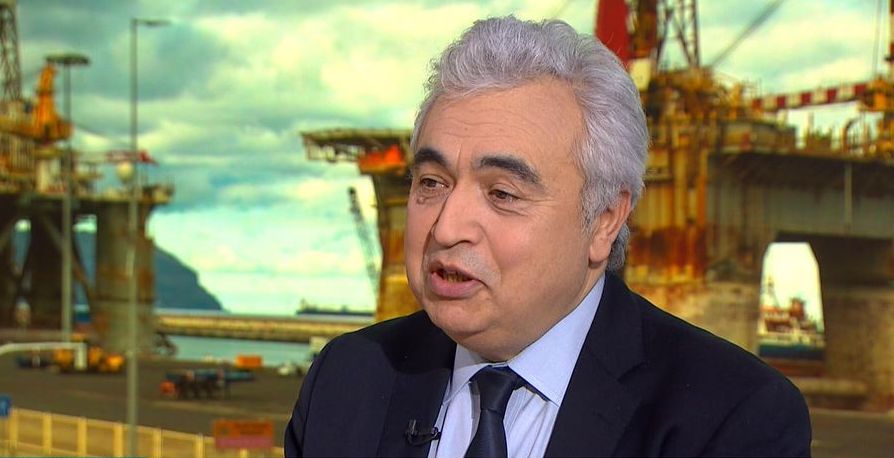
The International Energy Agency (IEA) has cautioned that huge consumption decline may trail the surges in oil prices as the commodity advances to $80 a barrel in London for the first time since 2014.
The agency trimmed its 2018 world demand growth projection by 40,000 barrel per day (bpd) to 1.4 million bpd, projecting total consumption at 99.2 MMbpd.
Oil prices have surged about 75 percent since last June, and “it would be extraordinary if such a large jump did not affect demand growth,” the IEA said, noting the effect of higher prices could become apparent in gasoline demand in the next few months.
Developing nations, it said, were especially sensitive to crude’s rally after many of them phased out fuel subsidies when prices were lower.
The biggest unknown for the oil market now is the impact of the U.S. sanctions on Iran, which are being reimposed after President Donald Trump abandoned an international nuclear accord with the country, the world’s fifth-largest oil exporter.
See also: Oil hits highest level since 2014 on concerns about Iran supply
Oil’s advance to $80 brings it to the level that OPEC’s biggest member, Saudi Arabia, is reportedly seeking to cover the cost of weighty domestic spending commitments.
While it’s “too soon to say what will happen this time,” the agency said, Iran’s fellow OPEC members could fill the gap because their pact to restrain supply leaves them with spare production capacity.
“Supply concerns are top of mind after the U.S. left the Iran nuclear deal,” said Norbert Ruecker, head of macro and commodity research at Julius Baer Group Ltd. in Zurich. “The geopolitical noise and escalation fears are here to stay.”
U.S. crude stockpiles slipped for a second week as the summer driving season approaches, government data showed yesterday. Inventories fell 1.4 million barrels, while domestic production rose to 10.7 million barrels a day, the Energy Information Administration said. Gasoline stockpiles also shrank last week by 3.79 million barrels, the EIA reported.
Members of the Organization of Petroleum Exporting Countries, including Saudi Arabia, Kuwait and the United Arab Emirates, said they have enough capacity to fill in any supply gap if renewed sanctions curtail Iran’s exports.
But Goldman Sachs Group Inc. still believes OPEC won’t proactively replace the lost barrels, given its current narrative that the market isn’t fully re-balanced.







